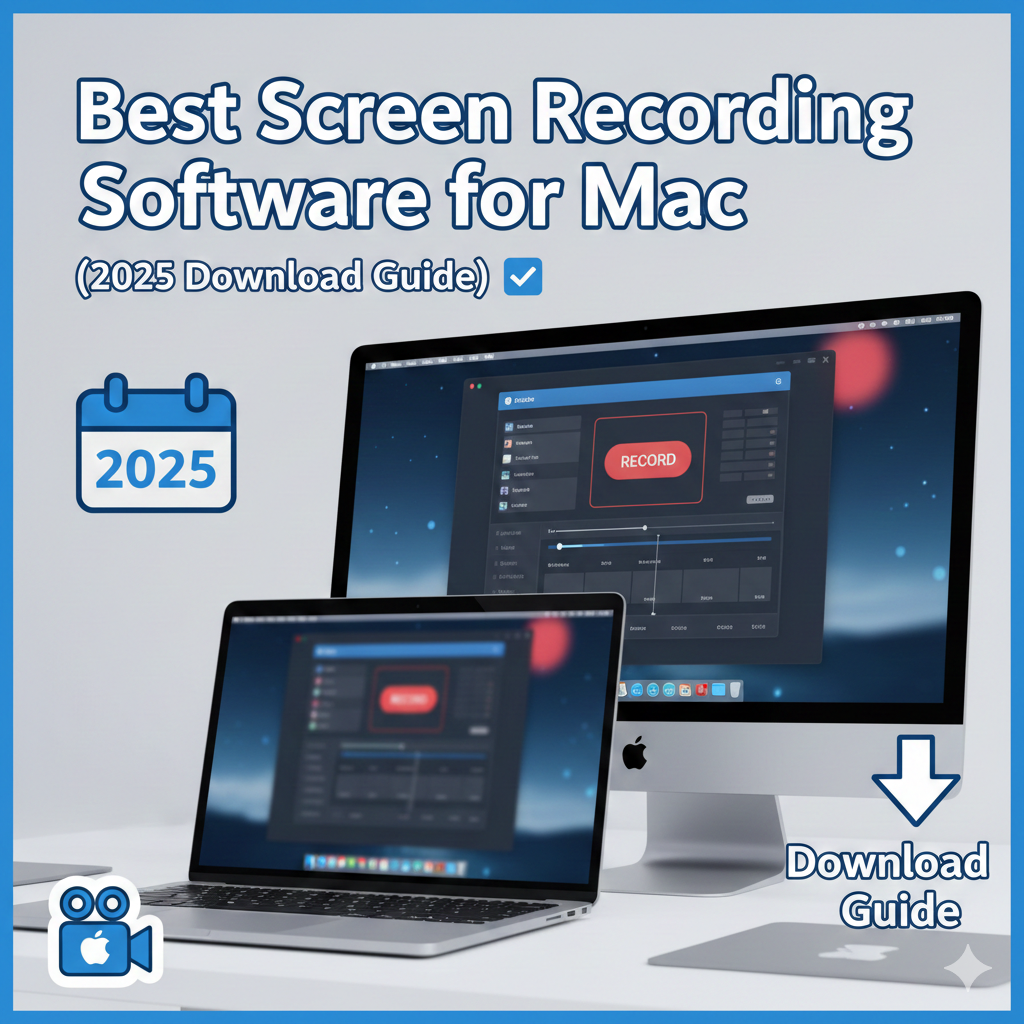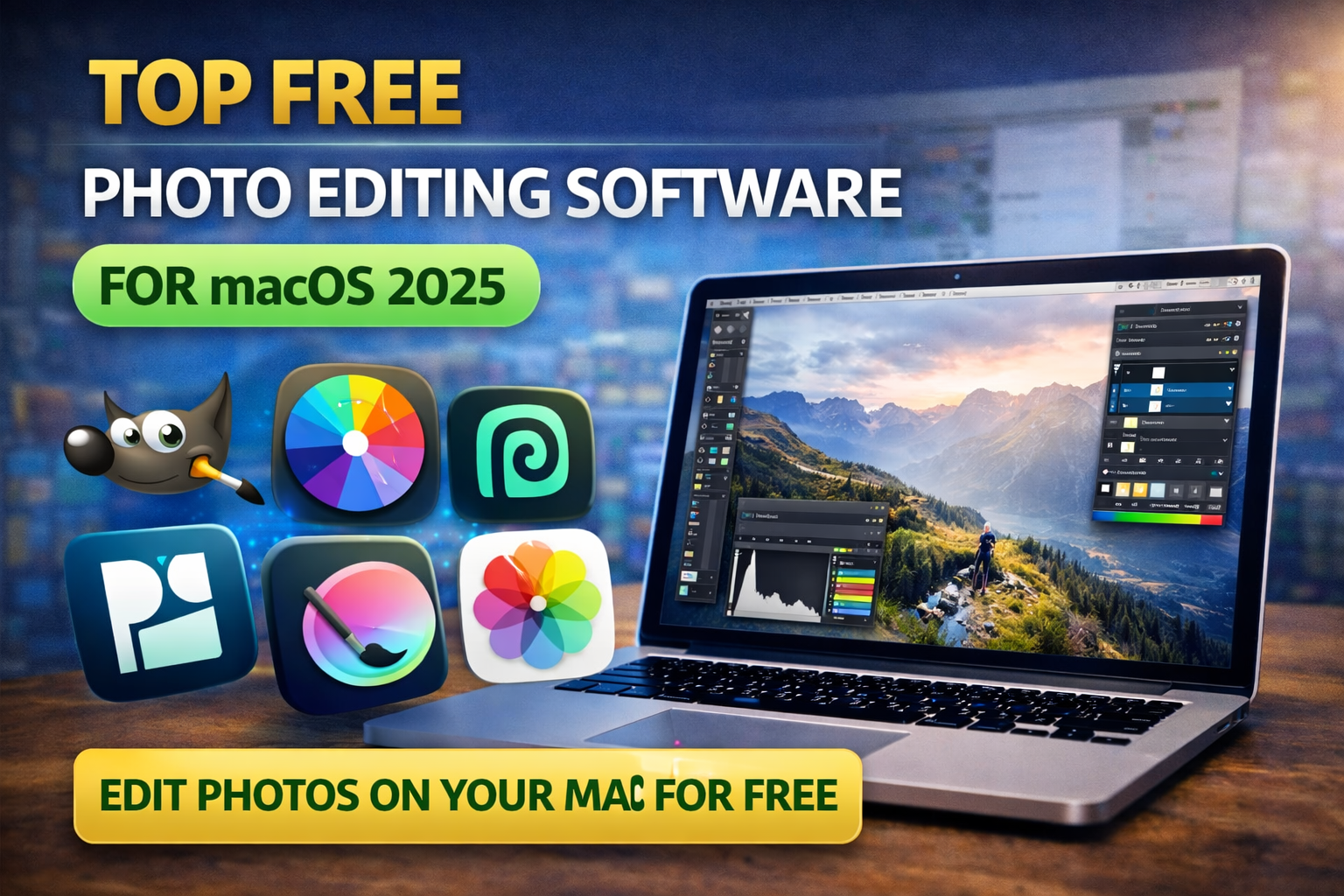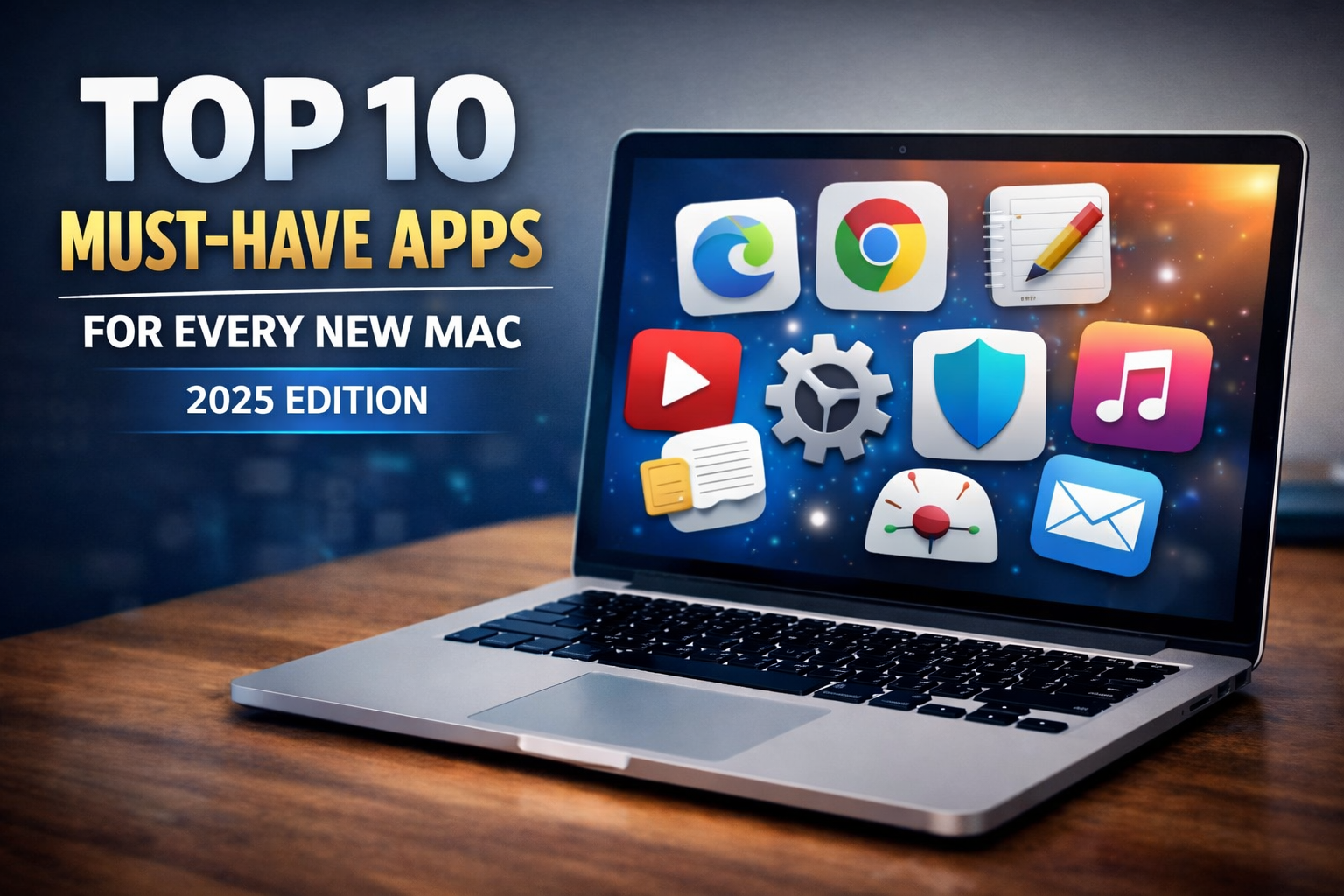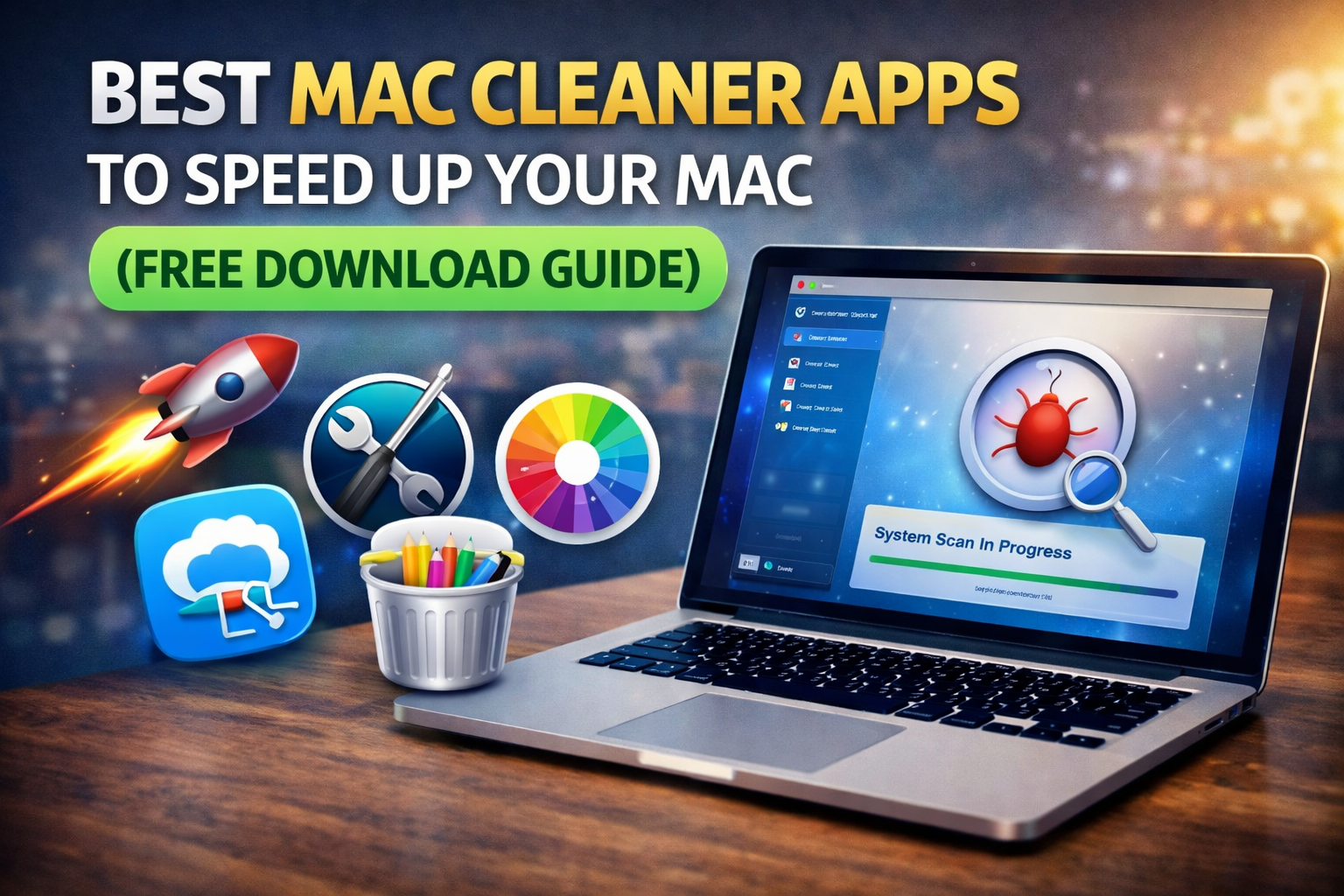

Additional Information
A free cross-platform music tagger for Mac written in Python
| Latest Version | MusicBrainz Picard 2.13.3 |
| Requirements |
macOS 10.14 Mojave or later |
| Updated | February 18, 2025 |
| Author | Robert Kaye |
| Category | MP3 and Audio |
| License | Open Source |
| Language | English |
| Download | 1133 |
Overview
Picard for macOS can look up entire music CDs with a click. If you need a particular feature, you can choose from a selection of available plugins or write your own. Picard is licensed under GPL 2.0 or later, and is hosted on GitHub where it’s actively developed by some awesome developers.
Start with opening individual music files or directories by dragging them into the left-hand pane. Picard will read the metadata from each of the files and unless they have been tagged before, the files will be deposited into the "Unmatched files" folder. Files that have been tagged before and contain MusicBrainz track identifiers will open up in the right-hand pane as a part of its release.
Instead of using release-oriented and metadata-dependent lookups, Picard can try and tag your files as single files (rather than a cluster) based on their audio fingerprint. If you select a set of files in the left-hand pane and click "Scan", Picard will find AcoustIDs for your files and query MusicBrainz to find a track that matches them.
If you want granular control over how your files are being tagged, or the above methods provided inaccurate results (or no results), the alternative is to manually lookup and choose the correct release(s) for your files.
Picard for Mac is very flexible and can be customized using scripts and plugins to do things such as:
- Rename and reorganize your collection using the functions provided in the scripting language
- Customize how Picard applies the MusicBrainz metadata to your files
- Encapsulate scripting, download cover art, and add other functionality to Picard
A lot of Picard's power is in its extensive drag and drop features. Try some of these operations:
- Drag a file from the file browser to an album track.
- Drag a file from the file browser to an album -- this attempts to match the file to the album automatically.
- Drag a directory from the file browser to an album -- this attempts to match all the files from the dir to the album.
- Drag an album cluster onto an album to match the cluster to the album.
- Drag one album onto another to match all the files from one to the other.
- Drag an album cluster into unmatched files to move the cluster back to unmatched.
- Drag unmatched files from an album onto another album or back to unmatched files.
Picard supports the following file formats:
- MPEG-1 Audio (.mp3, .mp2, .m2a)
- MPEG-4 Audio (.m4a, .m4b, .m4p, .m4v, .mp4)
- Windows Media Audio (.wma, .wmv, .asf)
- Microsoft WAVE (.wav)
- The True Audio (.tta)
- FLAC (.flac)
- Audio Interchange File Format (.aiff, .aif, .aifc)
- Musepack (.mpc, .mp+)
- WavPack (.wv)
- OptimFROG (.ofr, .ofs)
- Monkey's Audio (.ape)
- Tom's lossless Audio Kompressor (.tak)
- Speex (.spx)
- Ogg FLAC (.oggflac)
- Ogg Theora (.ogg)
- Ogg Opus (.opus)
- Ogg Audio (.oga)
- Ogg Video (.ogv)
- Ogg Video (.ogv)
- ADTS stream / AAC (.aac)
- AC-3 (.ac3, .eac3)










No comments yet. Be the first to comment!